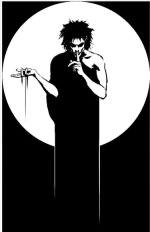Nightaelf
Really Experienced
- Joined
- Nov 24, 2022
- Posts
- 208
Try calling it ‘winter spice chicken’ and top it off with a squeeze of lemon. People panic less when they don’t realize it’s just cinnamon with a fancy squirt.I've never tried either of those things.Might need to wait for a lunch time experiment though, cause no one else liked it when I put cinnamon on the chicken.

